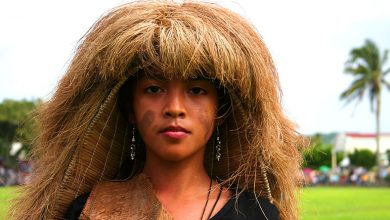Prose Writing American Colonial Period
In spite of the increasing self-confidence of literature in English during the period of American control authors writing in Spanish continued the tradition. Poets like Jesus Balmori, Flavio Zaragosa-Cano and Claro M. Recto, no less devoted to their country than their forerunners, were among those who gave the most effective expression to their feelings.
The works of Trinidad H. Pardo de Tavera, Rafael Palma and Epifanio de los Santos were concerned with historical, linguistic, cultural and folk themes.
The novel followed the same development as poetry, and around 1935 established itself as the favourite genre of the writers of the day. In spite of the strong Western influence Jose Garcia Villa’s collection The Best Twenty five Stories of 1928, reveals an original style and a profound attachment to the people of the Philippines; Manuel E. Arguilla possesses the same skill in depicting rural life; Nestor V.M. Gonzales and even more notably, Nick Joaquin established their reputations as writers of short stories but also expressed the sensibility of the Filipino soul in their poems, essays, plays and novels.
There were relatively few novelists in this period, Zoilo M. Galang and Stevan Javellana were popular writers of great imaginative and creative power, while Maximo T. Kalaw and Juan C. Laya were more committed and realist.
Some writers preferred the essay as a form of expression, like Carlos P. Romulo, Leon M. Guerrero, Vicente Albano Pacis and Salvador P. Lopez. Their main preoccupation was with political, national and social problems.
The influence of the great colonial powers which superimposed their cultural structures on the Philippines is still a cause of imbalance. The two most harmful factors in this respect were the conversion to Catholicism and the introduction of the English language. In bringing the Catholic faith to the Philippines the Spaniards injected an alien spirit and system of thought; and the general use of English in all fields of education during the period of American control moulded the intelligence of school-children and students for several decades by introducing them to textbooks written for young Americans with a very different pattern of life.




